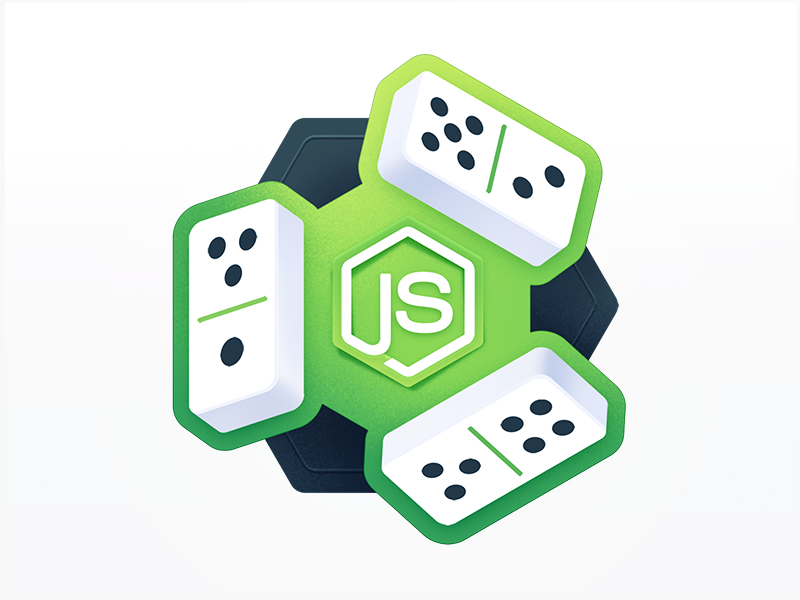Admin on 15 August, 2023
Exploring the Power of Node.js: Building Scalable and High-Performing Applications
Introduction:
Welcome to our blog, where we explore the world of technology. In this post, we will delve into the power and versatility of Node.js. Over the years, Node.js has emerged as a leading choice for developers seeking to build scalable and high-performing applications. Let's dive in and discover what makes Node.js so special.

What is Node.js?
Node.js is an open-source, cross-platform JavaScript runtime environment built on Chrome's V8 JavaScript engine. Unlike traditional JavaScript, which runs in the browser, Node.js enables developers to run JavaScript code on the server side. This opens up a world of opportunities for building server-side applications with JavaScript.
Event-Driven and Non-Blocking I/O
One of the key features that set Node.js apart is its event-driven, non-blocking I/O model. This architecture allows Node.js to efficiently handle concurrent connections without getting blocked by I/O operations. As a result, Node.js excels in scenarios where responsiveness and scalability are crucial, such as real-time applications or handling a large number of simultaneous connections.
Lightweight and Fast
Node.js is known for its lightweight nature, which makes it highly efficient and performant. The V8 engine, developed by Google, compiles JavaScript code to machine code at runtime, enabling Node.js applications to execute swiftly. This speed advantage, combined with the non-blocking I/O model, allows Node.js applications to handle a substantial load without compromising performance.
NPM Ecosystem
Node.js comes bundled with npm (Node Package Manager), a vast ecosystem of open-source libraries and modules. With npm, developers have easy access to a wealth of pre-built packages that can be seamlessly integrated into their applications. This extensive ecosystem accelerates development and provides solutions for standard functionalities, saving developers time and effort.
Full-Stack JavaScript
Using Node.js allows for a unified development experience with full-stack JavaScript. Developers can leverage their JavaScript skills on both the front end and the back end, eliminating the need to switch between different programming languages. This cohesive ecosystem fosters code reuse simplifies maintenance, and streamlines the development process.
Microservices and API Development
Node.js is particularly well-suited for microservices architecture and building RESTful APIs. Its lightweight nature and efficient I/O handling make it an excellent choice for developing modular, scalable, and independent services. Node.js, combined with popular frameworks like Express.js, enables developers to quickly create robust and flexible APIs.
Real-Time Applications
Node.js excels in building real-time applications that require constant communication between the server and clients. With its event-driven architecture and the availability of frameworks like Socket.IO, developers can create interactive chat applications, collaborative tools, gaming platforms, and more.
Conclusion
Node.js has revolutionized the world of server-side development, enabling developers to build scalable, high-performing applications using JavaScript. With its event-driven, non-blocking I/O model, extensive npm ecosystem, and speed advantages, Node.js is a powerful tool for creating real-time applications, microservices, and APIs. Embracing Node.js opens up a world of possibilities for developers, driving innovation and enhancing the performance of modern web applications.
